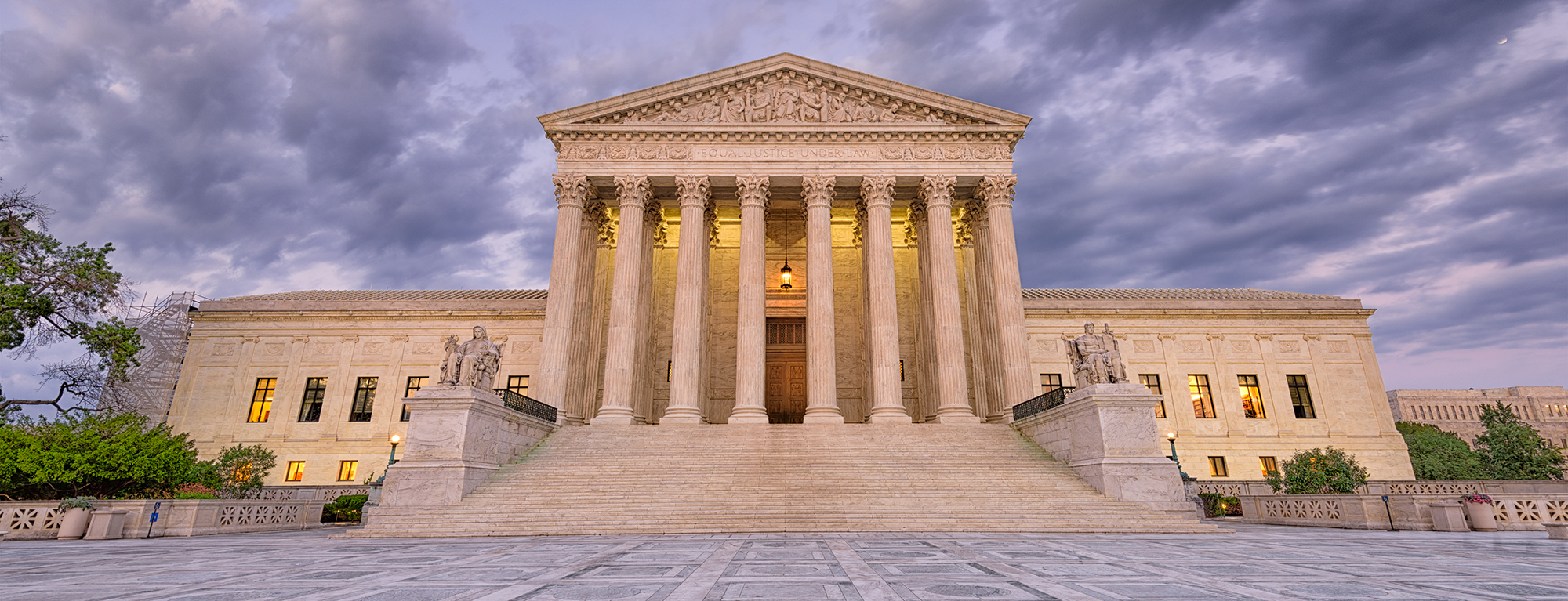
By Anna-Leigh Firth
Our November Question of the Month asked NJC alumni if they think any judges should be appointed for life. The survey attracted 701 judges and 60 percent said no.
It’s important to note that few of the NJC’s alumni are federal Article III judges who hold lifetime appointments.
The consensus among those in the majority who left comments reflected a concern that a lifetime appointment removes accountability.
“Absolute power corrupts,” wrote Dallas County (TX) Justice of the Peace Al Cercone. He noted that no members of the other two branches are appointed for life. With a lifetime appointment, he said, one risks losing touch with the people one is sworn to serve.
Retired judge and one-time infantry colonel Larry G. Sage of Sparks, Nevada, wrote, “In my lifetime, too many judges stayed on their bench for power when they were not mentally or physically able to do so….”
As an alternative to lifetime appointments, some judges suggested longer terms subject to renewal.
“I think the better approach is appointment for a specific period of time, such as 10 years, with the option of reappointment,” wrote one anonymous judge. “A significant period of time for the appointment allows for experience to be gained, leading to better job performance, but the term limitation might serve to diminish any political activism that some feel is endemic in lifetime appointments.”
Another anonymous judge wrote that his or her position on the issue drastically changed after the two most recent appointments to the United States Supreme Court. The judge said the blatant partisanship of the confirmation process negatively affects the independence and integrity of the court.
Other points made by judges:
- When lifetime appointments were first implemented, the average life span was much shorter.
- It’s important to make way for younger people to have opportunities.
- The judiciary has become a partisan weapon.
- Lifetime appointments add to a perception that judges are beholden to their appointing authority and will be allowed to impose political biases until death.
- Even though retention elections are incredibly stressful and arguably distracting, the accountability produces better judges.
- Lifetime appointments are selfish and unfair to democratic development.
- It is necessary to continually populate the bench with diverse judges that accurately reflect the nation.
- The current election of judges, while frustrating in many aspects, encourages regular community involvement.
- While some judges would do great with a lifetime appointment, it would be difficult to unseat a lackadaisical judge who became complacent with his or her position and didn’t work as hard.
Among the 40 percent who favored lifetime appointments for some judges, several pointed to how the setup protects judicial independence. Judges are insulated from potential influence and the criticism of their decisions.
“(T)he independence that comes from a lifetime appointment empowers judges to make unpopular but just decisions,” wrote an anonymous judge.
Others supported potential lifetime appointments but with periodic performance reviews to assess whether a judge should remain on the bench.
“Per the Constitution, federal judges are appointed for life but can be removed for inappropriate and/or illegal behavior,” one judge noted. “All other judges should have limited terms or should have to stand for re-election to retain their benches.”
Arkansas District Judge Steve Routon wrote simply, “The current system is working.”
* Each month the College emails an informal, non-scientific one-question survey to its more than 12,000 judicial alumni in the United States and abroad. The results, summarized in the NJC’s Judicial Edge Today, are not intended to be characterized as conclusive research findings.

CHICAGO – The American Bar Association Judicial Division announced recently that TheNational Ju...

The National Judicial College is mourning the loss of former faculty member Judge Duane Harves, who passed ...

As the world manages an evolving natural environment, The National Judicial College announced today that it...

Do’s Manage your cases systematically Devise a system that works for you and your organizational...

After 22 years of teaching judges, Tennessee Senior Judge Don Ash will retire as a regular faculty member a...